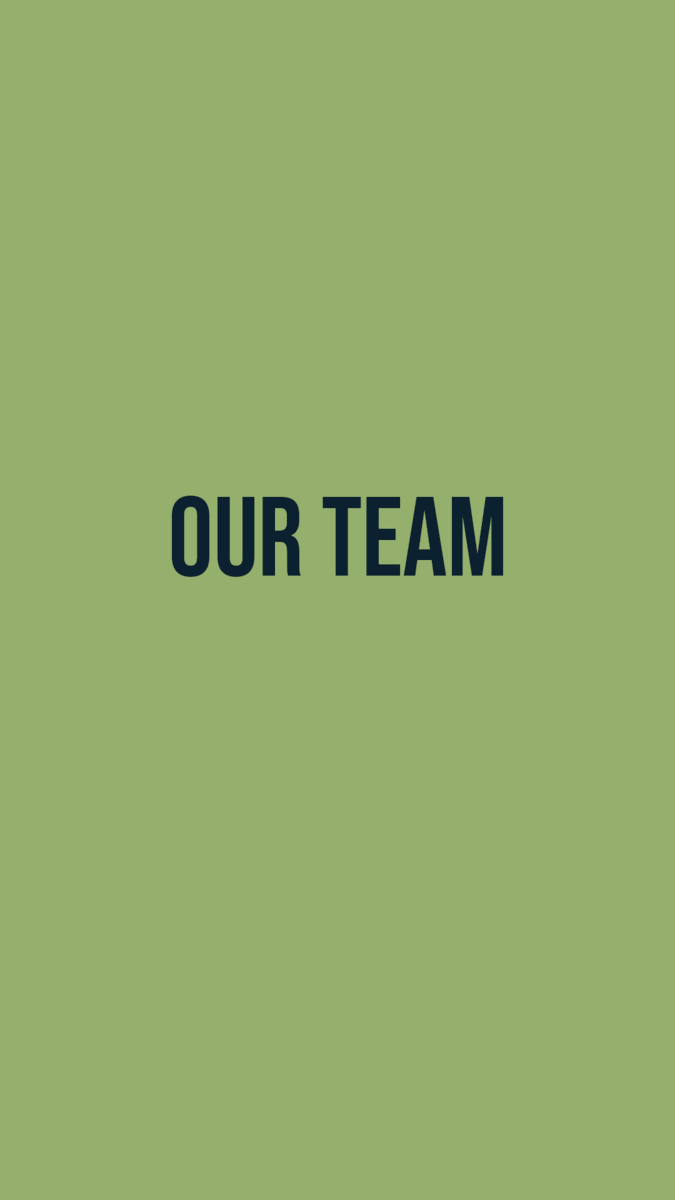Our Team: Roles Within HHL
Introducing our current 2022- 2023 HHL team!
Our team is made up of 24 passionate and hardworking members. HHL values teamwork and collaboration however, each member plays a different part, and fulfills different responsibilities. Within our team, members take on 8 different roles.
Principal Investigator
Dr. Catherine Febria holds this position as the director of HHL. She has many responsibilities within and beyond this lab group. Within HHL she recruits a diverse group of individuals with a variety of talents to join the team. She is responsible for overseeing all HHL projects and initiatives and leads our efforts and research focusses by building community relationships and partnerships. Additionally, she mentors upcoming researchers within HHL and promotes the production of mindful research initiatives and researchers. Moreover, through her involvement with various professional associations across Turtle Island (IAGLR, SCAS) and internationally with New Zealand’s Biological Heritage National Science Challenge, and, the Intergovernmental science-policy Platform on Biodiversity and Ecosystem Services (IPBES), she is able to connect local and global research, policy and practice. More than anything, she believes everyone’s diverse gifts (science and beyond) are essential for advancing freshwater restoration science and decision-making. She works to ensure that people are supported to use their time in HHL to learn/unlearn what it means to pursue science in a way that is ethical, de/anti-colonial and interdisciplinary. In doing so, she hopes that each individual can gain the critical skills, networks and experiences that align with their future career trajectories.
Staff
The HHL staff is made up of 8 individuals who take on a variety of roles. This group includes lab managers that assist with nurturing relationships with community, scheduling research activities, strategic project design, grant writing, and lab-related logistics. Each has their own super power! After Dr. Febria, our first team member was founding Indigenous Knowledge Circle Ode’imin Director Candy Donaldson. More than a staff member, Candy is the heart of the lab, guiding us on a journey towards Indigenizing science, centering relationships and encouraging us to continue the life-long process of learning/unlearning how to work individually and collectively towards reconciliation with Indigenous Peoples locally, in all of our projects, across Turtle Island and beyond. Additionally, there are staff responsible for directing specific areas of research such as benthic biomonitoring, and those responsible for relationship building with our Indigenous Knowledge Circle and FERN initiatives.
Grad Students
The HHL grad students are empowered to lead a diverse range of projects within HHL. Students in this group are completing Master’s or PhD projects in topics that link biodiversity, ecosystem functioning and restoration actions. Their science spans various dimensions of benthic biomonitoring, macroinvertebrate diversity, species at risk (e.g. freshwater mussels), vegetational biodiversity, invasive/non-native species (e.g. Phragmites australis), dissolved organic matter processing rates, microbial and molecular processes. Each project focuses on freshwater systems - streams, rivers, wetlands, riparian ecotones – through the lens of human impacted, settled and working landscapes. Each project is designed to ensure that students overlap through collaborations and teamwork. Additionally, some students take on additional roles within the lab assisting with different initiatives such as our communications team and acting as mentors to the undergrad and Outstanding Scholars students. Each student also works with multiple community partners including local conservation practitioners, federal scientists, farmers, industry and Indigenous communities.
Undergrad Thesis Students
Undergrad students are valued members of HHL, each are assigned to join a project, mentored by one or more graduate students, and are empowered to take on a leadership role on their own project, often for the first time. Students in HHL are currently completing projects from benthic macroinvertebrates, vegetational biodiversity, water chemistry to the effectiveness of science communication strategies. Students are included in all meetings, training opportunities and in the journey to learn/unlearn science methodologies and our collective approach to partnership.
Outstanding Scholars
HHL employs Outstanding Scholar students to assist various aspects of our research functions. They support undergrad thesis students and grad students with field sampling, sample processing and analyses, and often gain diverse experiences over time that lead to their own thesis projects in senior years.
Volunteers
Our undergraduate research volunteers are valuable members in HHL who assist with a specific task or aspect of research which could include field sampling, sample processing, literature synthesis and statistical analysis. Along the way they gain a variety of skills and are exposed to the lab operations which helps them to develop possible future opportunities and projects. The skills they learn - a toolbox - equips them with the foundation to participate or take on their own projects within HHL and beyond.
Environmental Artists
Our environmental artists are often also trained scientists who bring their passion for the environment and creative gifts together to offer forms of art to be used as tools for environmental education and to strengthen relationships between nature and people. Recent projects have included our Ojibway Colouring book, Streams of the Anthropocene, When a Leaf Becomes a Bird and much of our social media strategy!
Check out our Team page to read about each individual’s role and involvement within HHL.

